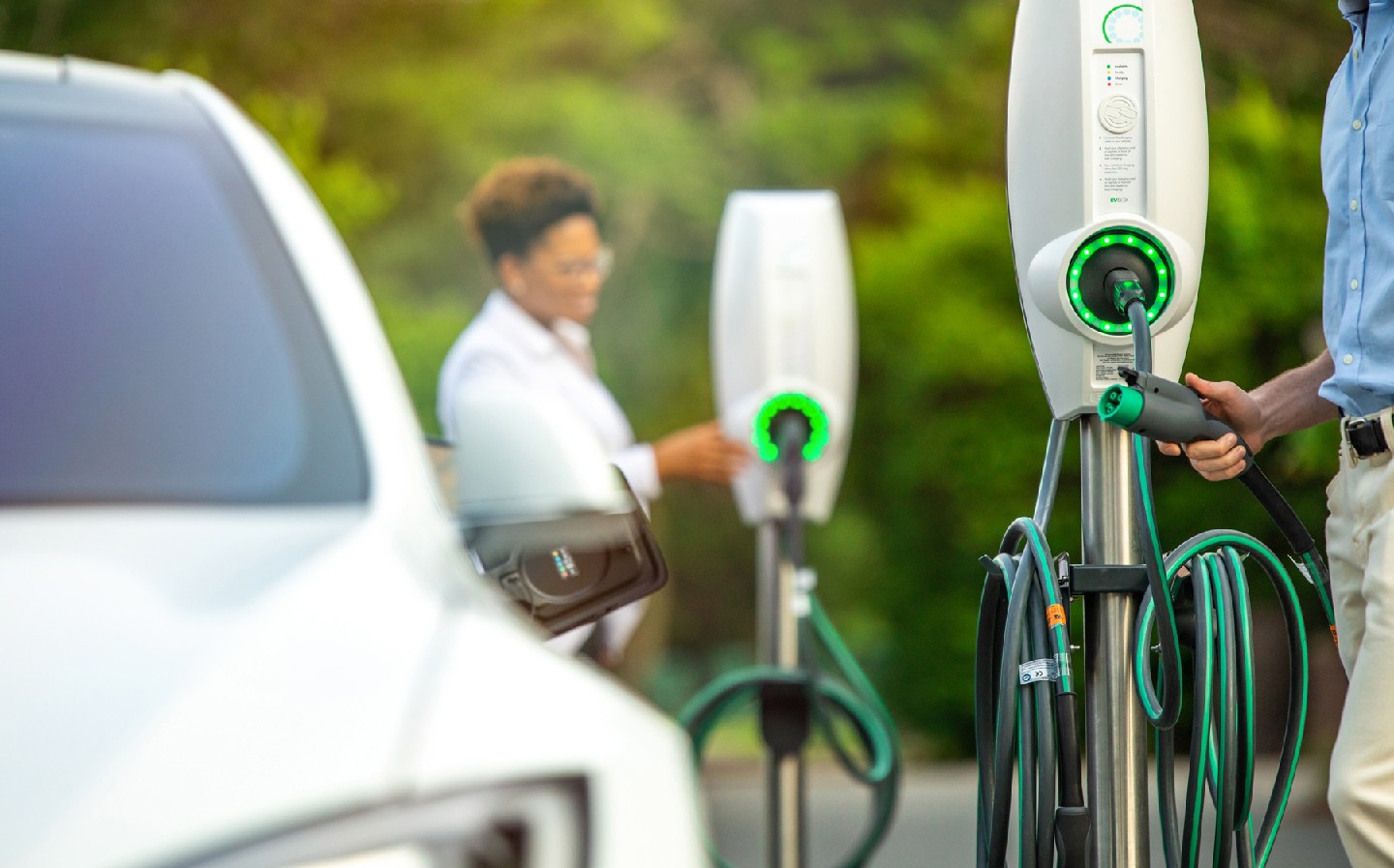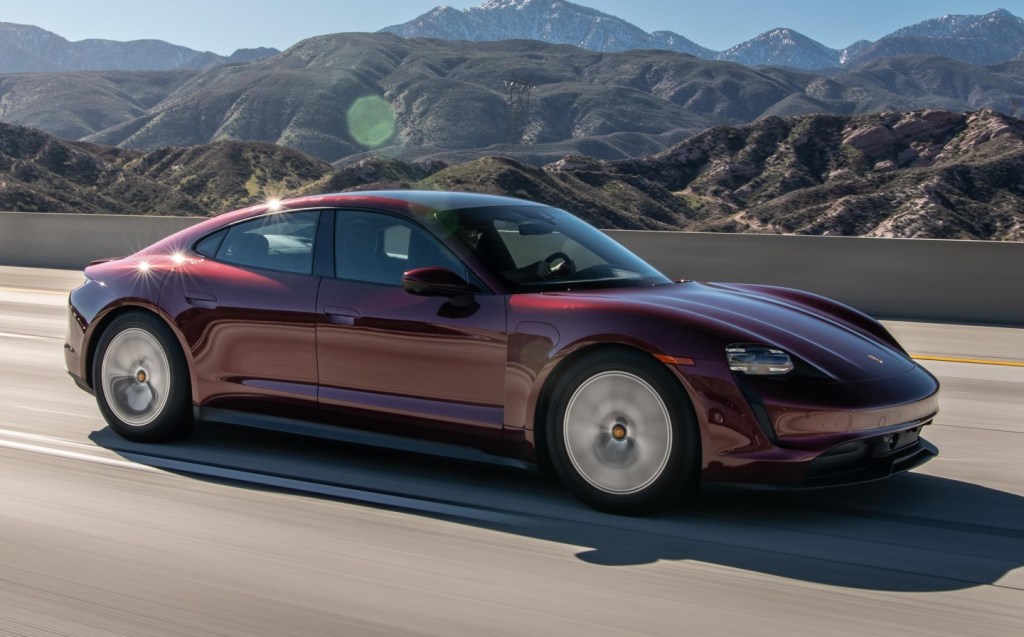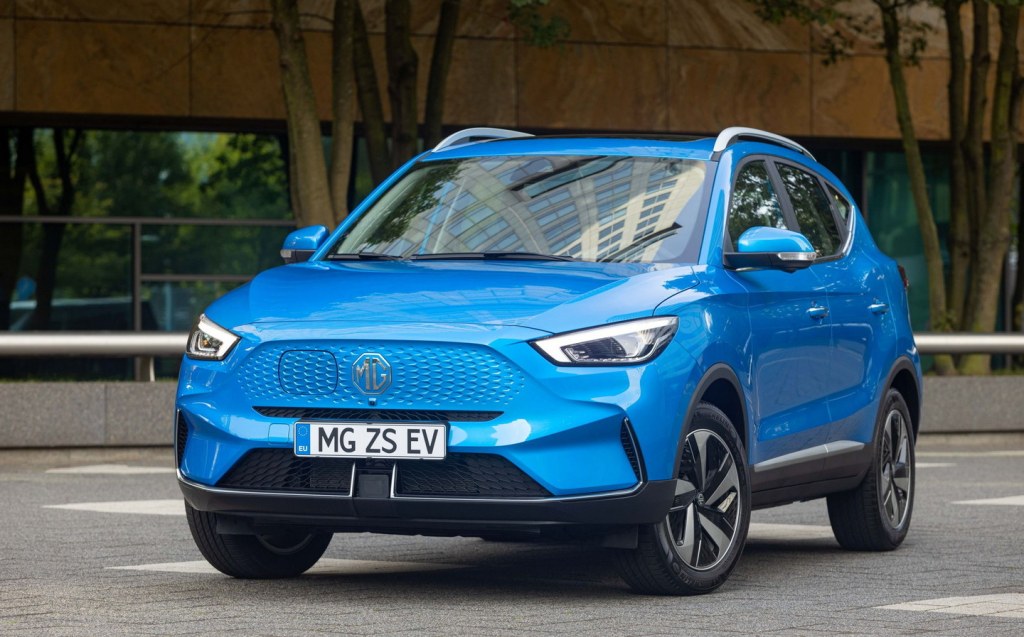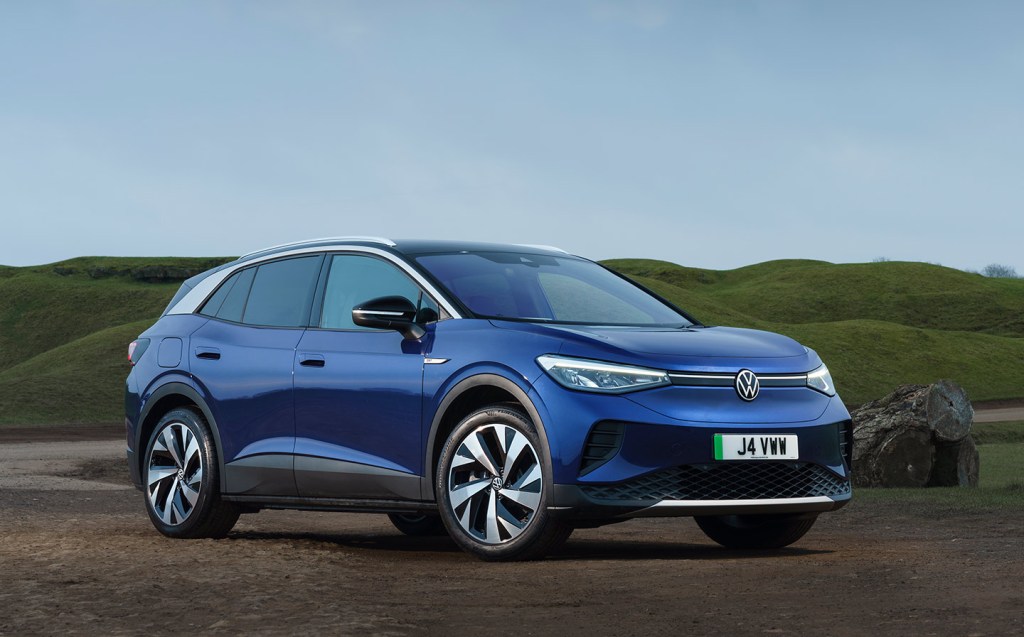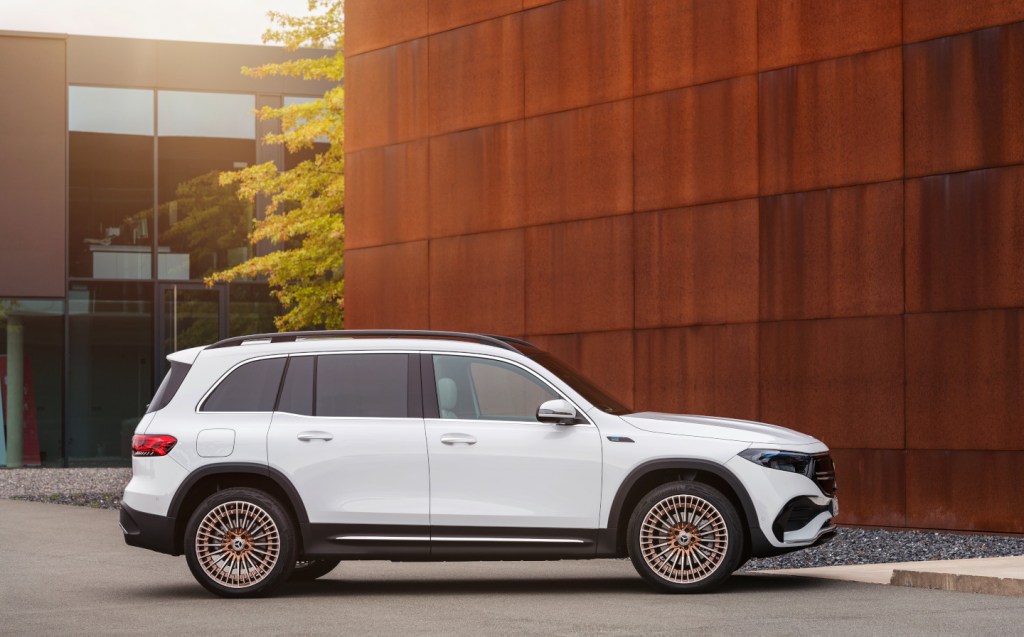More than two thirds of buyers considering an electric vehicle as their next car
But hurdles remain
More than two thirds of UK car buyers are considering purchasing an electric vehicle in the future, according to a new survey of motorists.
Out of the 2,000 motorists polled by YouGov, working on behalf of Bridgestone Tyres, some 67% said that they were considering choosing an electric vehicle to eventually replace their petrol- or diesel-powered models.
The figure represents a marked increase on previous similar surveys, with another from October last year conducted by YouGov for consumer organisation The Motor Ombudsman showing that 61% of drivers would opt for an electric vehicle in future, while just 47% of 18,000 drivers polled by the AA in 2020 said they would consider making the switch.
The steady increase is likely down to a number of factors including a greater availability of electric cars on the market (such as the options below) and the closer proximity to the government’s ban on the sale of petrol and diesel cars in 2030.
Other factors indicating a perceived improved ownership experience may be at play, according to Bridgestone. Some 56% of respondents to its survey said they could see the environmental benefits of going electric, while 64% said they believed that the EV driving experience would be better than that of their combustion-engined car.
Running costs are a major motivator for drivers, and 47% of respondents told Bridgestone that they were looking forward to the fuel savings brought about by recharging rather than filling with petrol or diesel.
An appetite appears to exist for more information about the electric vehicle driving and ownership experience, with 43% of those surveyed wanting to know more about electric vehicle maintenance and how it differs from that of internal combustion cars.
Some 22% said they would like to learn new driving tips to help them get more from their electric vehicles. The range of electric cars can, for instance, be significantly extended by careful and efficient driving, a practice known as “hypermiling”.
Barriers to electric car ownership
Despite ever-higher petrol prices, an increasing number of electric vehicles on the market and the popularity of electric cars such as the Tesla Model 3 (the UK’s second best-selling car last year), there are still a number of hurdles to overcome to convince the remaining third of motorists to choose an electric car. Chief among these are the patchy nature of the public charging infrastructure and the relatively high purchase cost of electric vehicles.
The AA’s 2020 survey revealed that 69% of those who said that they were not prepared to buy an electric car were put off by poor public charging infrastructure. At present, there are just over 28,000 public charging points in the UK; however the state of the network has been branded a “postcode lottery” with some areas much better served than others.
According to the Competition and Markets Authority (CMA), which published a report on the topic in 2021, the public charger network needs to expand tenfold by 2030 to between 280,000 and 480,000 in order to meet the demand that will be created by the government’s ban on the sale of petrol and diesel cars.
Bridgestone findings
- 67% are considering moving to an EV in the future
- 56% see environmental positives from EVs
- 47% are looking forward to making fuel savings
- 64% believe an EV driving experience will be better
- 27% would like to learn new driving tips to help them get more from their EV
- 43% want to know more about EV maintenance and how it differs from standard cars
- 22% want all cars in the UK to be zero emission by 2030 instead of 2035
Although running costs are lower, electric cars are also still more expensive up front than their internal combustion equivalents, the price difference chiefly down to the higher cost of battery production.
Even though battery prices have tumbled in recent years, manufacturers such as Nissan say that it will be the second half of the decade before battery prices come down sufficiently to allow electric cars to achieve price parity with their internal combustion counterparts.
Other factors cited as concerns that would put buyers off choosing an electric car included range anxiety, the length of charging times and the difficulty for those without off-street parking to charge their cars overnight.
Why are tyre companies focusing on EVs?
Bridgestone, which commissioned the most recent survey, is betting big on electric vehicles, having announced last October that it plans for EV-specific tyres to account for 90% of its global sales by 2030.
It also announced that it would no longer compete with budget tyre brands from China and South Korea and that it would end budget tyre production in Europe to focus on EV tyre sales. The company currently supplies tyres to Volkswagen for its ID. range of electric vehicles.
Electric vehicles combine a number of challenges for tyre manufacturers, mainly due to demands for lower road noise because of the lack of a masking effect from an engine, a greater need for efficiency by lowering rolling resistance and the ability to deal with higher loads due to the increased weight of electric vehicles.
Bridgestone’s latest range of tyres combines a raft of new technologies that, due to the company’s manufacturing processes and the material construction of the tyres, are claimed to reduce rolling resistance by around 30% and overall weight by 20% compared to in-house tyres not using the same “Enliten” technology.
Techsyn, another one of the company’s processes, combines synthetic rubber with silica particles to further reduce rolling resistance by 6% compared to other Bridgestone tyres and to reduce tyre wear by up to 30%.
Pirelli also has a range of electric vehicle specific tyres, know as “Elect”. These are fitted to Porsche Taycan electric grand tourers, among other vehicles. The company also recently launched a new “HL” (High Load) designation of tyre designed to cope with heavier electric and hybrid vehicles.
French tyre brand Michelin also has a range of electric vehicle-specific tyres, aimed at not only cars but also motorcyles and scooters.

Bridgestone is going further, though. Last year the company announced that it was partnering with charging firm EVBox to create a network of rapid charging locations at its retail and service locations, first in France and Italy and, over the next five years, expanding to other European countries including the UK.
Related articles
- If you were interested in how more than two thirds of motorists are considering an electric vehicle as their next car, you may also like to check out all the car makers’ electric vehicle plans
- Wondering what are the best EVs right now? Check out our electric car reviews here
- And don;t miss Bridgestone’s city of the future, which includes self-driving cars that replace their own tyres
Latest articles
- Aston Martin Valkyrie AMR-LMH hypercar hits track ahead of 2025 Le Mans challenge
- Porsche has begun testing the electric Cayenne
- Cupra Leon 272 eHybrid 2024 review: Bigger battery, better tech … but is it a Cupra?
- Porsche 911 GTS 2024 review: Hybrid heresy or more Stuttgart genius?
- Extended test: 2023 Vauxhall Astra Sports Tourer GS PHEV


